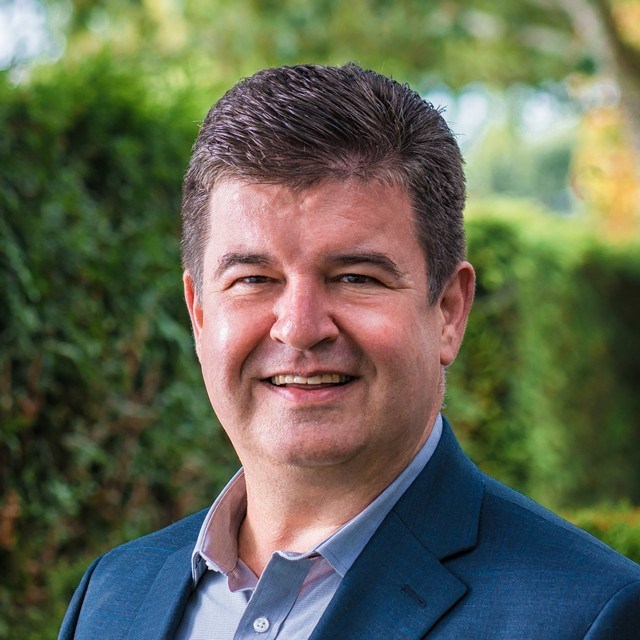Back to school is a whole lot different for students this fall but, beneath the chaos, a plan for their education is evolving. Professional educators and health care experts are working hard on a plan that will help our students maximize their opportunities while keeping them physically and emotionally safe.
What about the rest of us? What is our plan for achieving our goals and managing our risks, especially in these interesting times?
In a recent survey, 51 per cent of Canadians said they had a financial plan. However, out of that 51 per cent, one-third said the plan was in their head! That gives us only 34 per cent of Canadians who have a written plan! Two-thirds of Canadians do not have a formal plan to achieve their goals and manage their risks!
In 2013, FP Canada conducted a three-year study of almost 15,000 people. Without fail, those who had a comprehensive financial plan (“the Planners”), or had done at least a limited amount of planning, had a far better success rate than those without a financial plan. The Planners experience the following:
They are on track with their financial affairs. Planners are more likely to report feeling on track with their financial affairs compared with those who do no planning or only limited planning.
On track to retire. Those who see retirement as an important goal feel more confident in their plans to retire.
On track to save. Planners are more likely to report that they have improved their ability to save in the last five years.
Could deal with bumps in life. Planners are more confident in dealing with the challenges and bumps in life, such as unexpected financial emergencies, tough economic times, and ensuring loved ones are financially looked after if something should happen to them.
Could live life today. While saving for the future is crucial, we need to live today! Planners feel more confident in reaching the “today” goals they identified as important.
A stronger sense of well-being. Those with comprehensive plans report higher levels of emotional, financial and overall contentment over those who have informal or limited plans.
Students who take advantage of the plans put together by professiona educators will generally do much better in life than those who don’t take their education seriously. In the same way, those who take advantage of a team of financial planning professionals in crafting a comprehensive financial plan will have far better outcomes than those who don’t.
The biggest barrier in establishing a financial plan is fear. My recommendation is to just start, even if it is with simple tools. We have a link to a very solid free financial planning tool through our website and you are very welcome to use it by clicking here
Your first step in starting a financial plan will not be perfect, but it will be an important start.
This column is part of a monthly series courtesy of Richard Vetter, founder of WealthSmart Inc.



